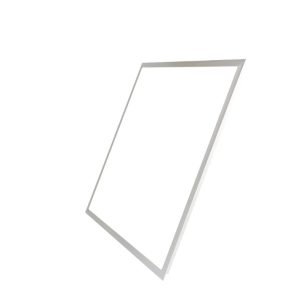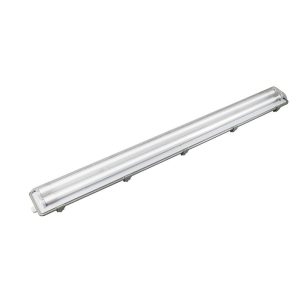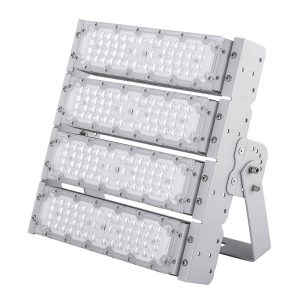Diode 5mm has long been a staple in the electronics industry, serving as a versatile and efficient component for a wide range of applications. In this article, we will delve into the world of diode 5mm, exploring its history, characteristics, applications, and future prospects.
Introduction to Diode 5mm
Diode 5mm refers to a type of semiconductor diode that has a standard diameter of 5mm. These diodes are widely used in various electronic devices due to their compact size, low cost, and reliable performance. They come in different types, including rectifier diodes, zener diodes, and Schottky diodes, each with its unique characteristics and applications.
History of Diode 5mm
The concept of the diode dates back to the early 19th century when scientists began to explore the properties of semiconductors. In the 1920s, the first practical diodes were developed, which were made from materials like selenium and silicon. Over the years, the technology has evolved, and the 5mm diode became a popular choice for many applications.
During the 1950s and 1960s, the electronics industry experienced rapid growth, leading to an increased demand for compact and efficient diodes. The 5mm diode became a standard component due to its size, performance, and cost-effectiveness. Today, it remains a crucial component in various electronic devices.
Characteristics of Diode 5mm
The 5mm diode has several key characteristics that make it suitable for a wide range of applications:
1. Size: The 5mm diode has a compact size, making it easy to integrate into various electronic devices.
2. Cost: These diodes are relatively inexpensive, which makes them an attractive choice for cost-sensitive applications.
3. Performance: The 5mm diode offers reliable performance, with low forward voltage and high reverse voltage capabilities.
4. Types: The 5mm diode is available in different types, such as rectifier, zener, and Schottky diodes, each with its unique characteristics and applications.
Applications of Diode 5mm
The 5mm diode finds applications in various electronic devices and systems, including:
1. Rectifiers: The 5mm rectifier diode is commonly used in power supplies, battery chargers, and other DC-to-DC conversion applications.
2. Zener regulators: The 5mm zener diode is used in voltage regulation and protection circuits, ensuring stable voltage levels for sensitive electronic components.
3. Switching: The 5mm diode is used in switching circuits, such as inverters and converters, to control the flow of current.
4. Signal detection: The 5mm diode is used in signal detection circuits, such as photodiodes and Hall effect sensors, to detect and process signals.
Advancements in Diode 5mm Technology
In recent years, there have been several advancements in diode 5mm technology, including:
1. High-efficiency diodes: Researchers have developed high-efficiency diodes that offer improved performance and reduced power loss.
2. Ultra-fast diodes: Ultra-fast diodes have been developed for high-speed applications, such as communication systems and data processing.
3. High-temperature diodes: High-temperature diodes have been developed for applications in harsh environments, such as automotive and industrial systems.
Future Prospects of Diode 5mm
The future of diode 5mm technology looks promising, with several potential developments:
1. Integration: Diodes are expected to be integrated into smaller, more compact packages, allowing for greater efficiency and reduced size.
2. Advanced materials: Researchers are exploring new materials for diodes, such as gallium nitride (GaN) and silicon carbide (SiC), which offer improved performance and efficiency.
3. Energy-saving applications: As the world moves towards sustainable energy solutions, diodes are expected to play a crucial role in energy-saving applications, such as solar panels and electric vehicles.
In conclusion, diode 5mm has played a significant role in the electronics industry, providing versatile and efficient solutions for a wide range of applications. With ongoing advancements and emerging technologies, the future of diode 5mm looks promising, ensuring its continued relevance in the ever-evolving electronics landscape.













Explore More from Queendom Lamp
Stay updated with the latest LED technology, lighting solutions, and industry insights.
Request a Quote About Queendom